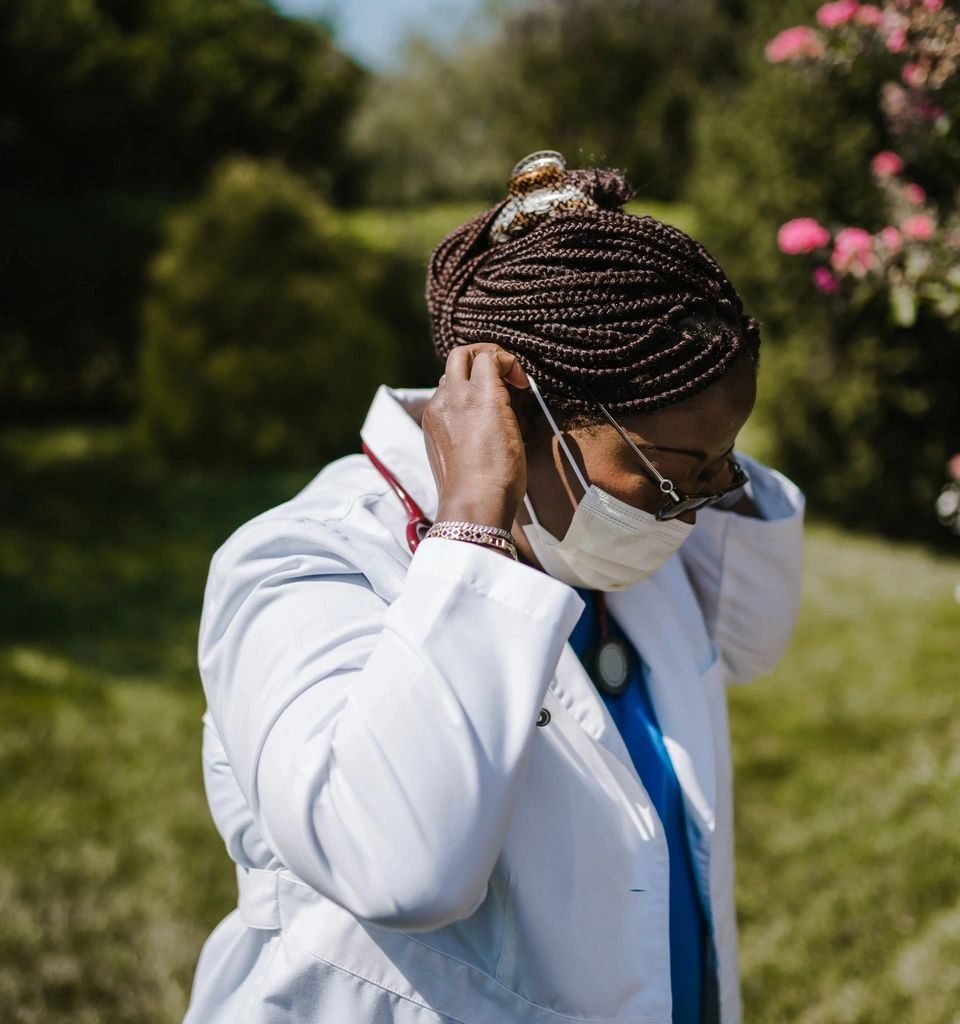
Sex-related diseases pose significant health risks for women, including sexually transmitted infections (STIs), reproductive health conditions, and gynecological cancers. Human papillomavirus (HPV) is the most common STI and can lead to cervical, vaginal, and vulvar cancer if left untreated. Other STIs, such as chlamydia, gonorrhea, and syphilis, can cause pelvic inflammatory disease, infertility, and pregnancy complications. Reproductive health conditions such as endometriosis, polycystic ovary syndrome (PCOS), and uterine fibroids require specialized treatment and management to alleviate symptoms and preserve fertility. Gynecological cancers, including ovarian, uterine, and cervical cancer, require regular screenings and early detection for optimal treatment outcomes. By promoting comprehensive sex education, access to sexual health services, and preventive care, we can empower women to protect their sexual health and well-being.
It’s scarier not knowing than knowing:
STIs: Regular testing and practicing safe sex can prevent STIs. Antibiotics can treat bacterial infections, while antiviral medications can manage viral infections.
Endometriosis and PCOS: Hormonal therapies, pain relief medications, and lifestyle changes such as diet and exercise can help manage symptoms. Surgery may be an option in severe cases.
Gynecological Cancers: Regular screenings like Pap smears and HPV tests are crucial. Treatments include surgery, radiation, and chemotherapy, depending on the cancer type and stage.
Comments are closed